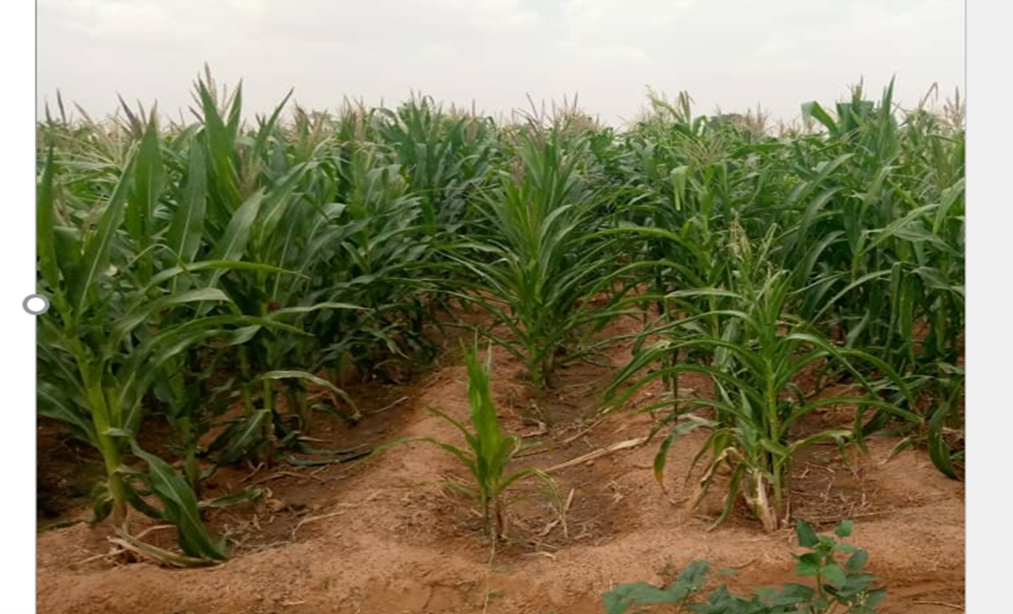
TELA Maize, a new high-yielding, drought and pest resistant variety undergoing trial in Nigeria, will boost yields and reduce cost of production, the Institute for Agricultural Research (IAR) has said.
Prof Mohammad Ishiyaku, the Executive Director of IAR, said farmers will save billions in costs and harvest more with the new variety, plugging the perennial crisis of maize shortage.
“The savings farmers will make from this variety is estimated to be more than 3 billion Naira from insecticides and 6 billion Naira from drought effects. This will help drive economic growth and self-sufficiency in food production,” he said during a field-day at the IRA station in Minjibir, Kano State.
TELA Maize is a genetically modified variety engineered to resist fall army worm, stern borer, and mild drought. The variety was developed by IAR under an international collaboration coordinated by the Africa Agricultural Technology Foundation (AATF).
Prof Ishiyaku said the variety is a “potential high impact variety that should come into economic circulation in Nigeria’s agriculture system as soon as possible. This variety has a lot of benefit for Nigerians and, importantly, it will assist in meeting the national maize demand deficit which stands at 6 million metric tonnes.”
Prof Ishiyaku said the field day presented an opportunity for farmers and seed companies to see progress in developing the variety.
“The essence of this field day is to demonstrate to stakeholders, especially the seed companies who are saddled with the responsibility of producing quality seeds for Nigerian farmers, the attributes of this variety on the field. The level of tolerance to drought and resistance to pests is not in doubt,” he added.
Earlier, Prof Rabiu Adamu, Principal Investigator of TELA Maize Nigeria, said the trial started in 2019 with the aim of mitigating the challenges of fall army worm and stem borers. The threats, if not well managed, could reduce yield by 80 percent.
He said TELA Maize will increase yield per hectare and reduce the use of pesticides thus ensuring a safer environment and healthy populace.
“Nigeria produces about 12 million metric tonnes of maize against a demand of 18 million metric tonnes. Also, the current yield per hectare of maize stands at between 2.5 and 3 tonnes which is grossly inadequate for a population of over 200 million people. TELA Maize will bridge this gap by increasing their average yield to 8 tonnes per hectare,” he said.
TELA Maize Project is a public-private partnership led by AATF in seven African countries: Kenya, Uganda, Tanzania, Ethiopia, Mozambique, Nigeria and South Africa.


















































































